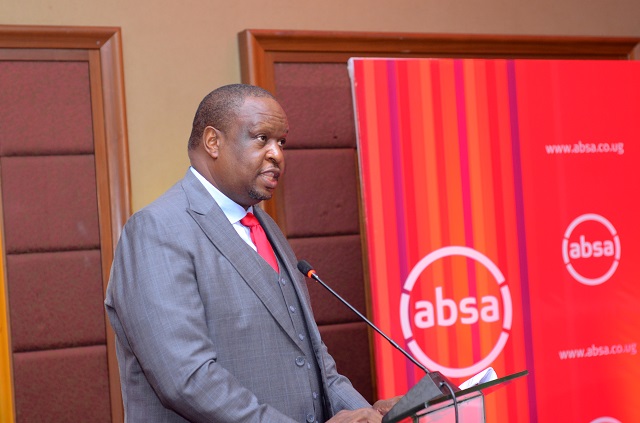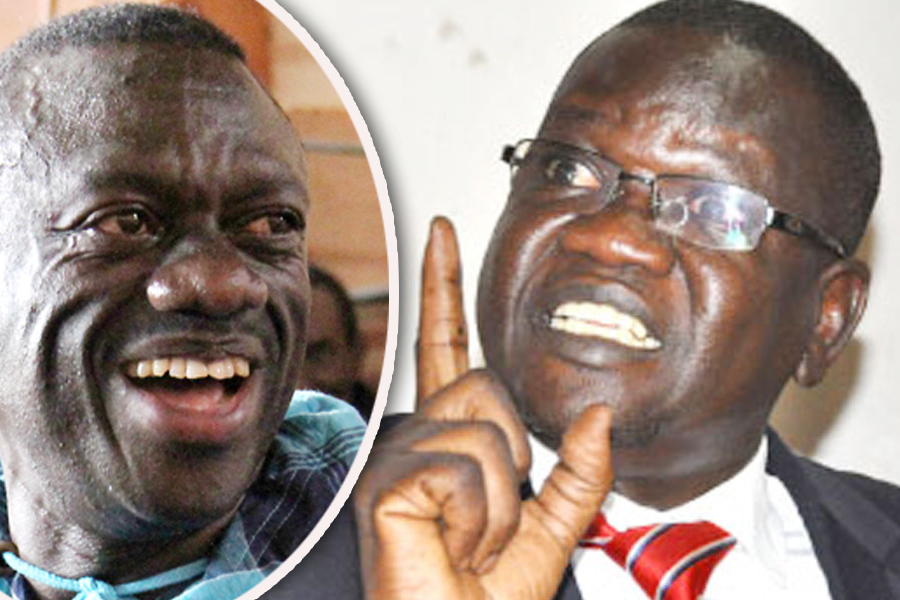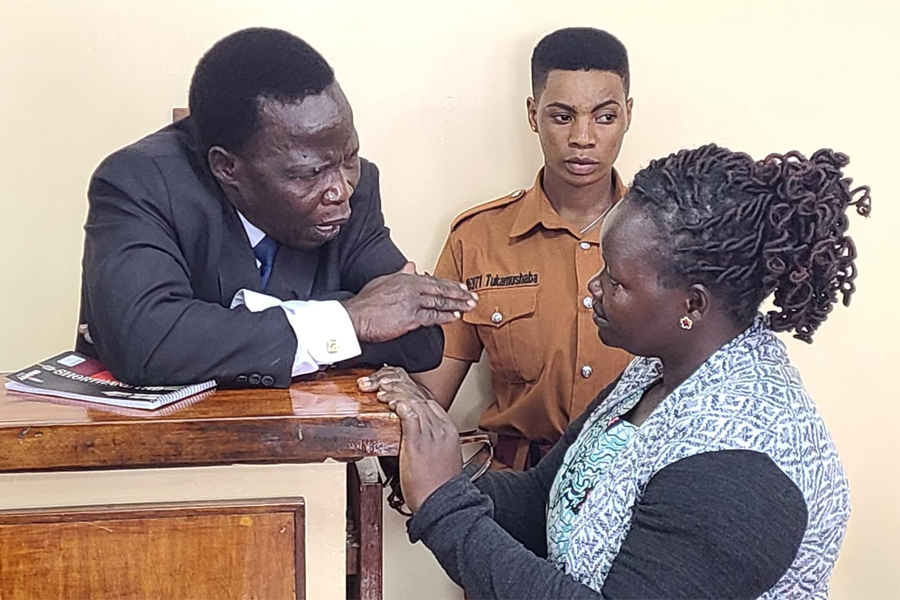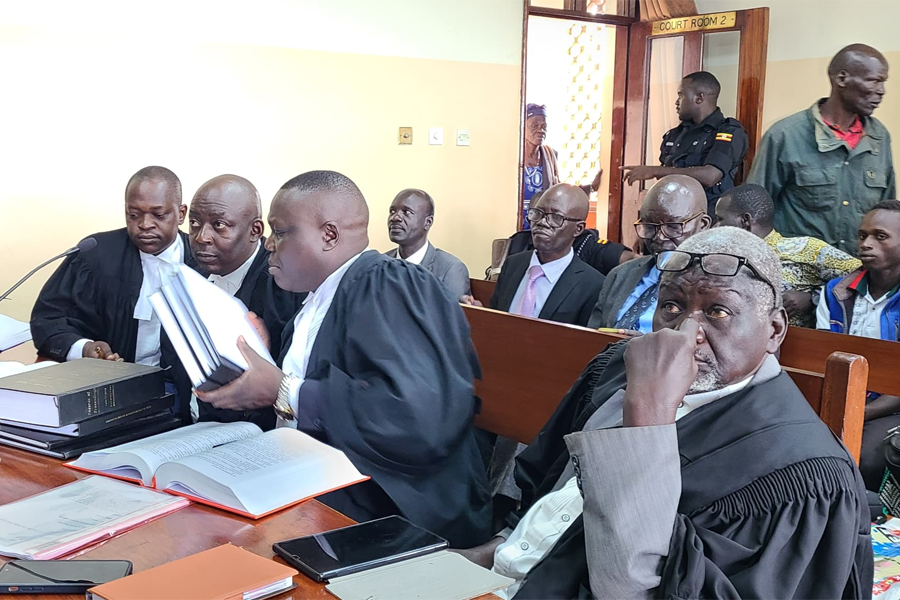The Uganda National Examinations Board Act, 2021 which was gazetted and commenced on April, 1, 2020 sets strict punishments for students caught cheating in national exams.
The UNEB Act 2021 was recently passed by parliament to repeal the 1983 Act and the new one provides for the continued existence of the Uganda National Examinations Board, the expanded functions and powers of the board and the secretariat, management, finances, offences and penalties.
Keep Reading
According to the new law, offences have been expanded from seven to 13 and the penalties or sanctions with regard to examination malpractices include imprisonment ranging from six months to five years and fines ranging from 500 currency points to 2,000 currency points.
A currency point is equivalent to shs20,000.
This means that a student caught cheating national exams if convicted is liable to be fined up to Shs 40 million or sentenced to five years imprisonment or both.
Other offences that have been added include loss or misuse of examination paper material or information by a person who has the examination under his control, damage or destruction of an examination paper, whereas impersonation has been broadened to capture those who register or use a false name.
The new law also has offences like possession of offensive material and disturbances during examinations, trespass, misappropriation of exam registration fees, charging fees not prescribed by the board, nondisclosure of interest in the exam, improper disclosure of information, aiding, abetting or inciting and withholding information that will likely be relevant or prejudicial to the functions of the Board.
The new law will also see the change of the title of the Chief Executive Officer of the board who was previously referred to as the Executive Secretary, and is now Executive Director.
The current officer holder is Daniel Odongo.
Cancellation of results
The new law stipulates that the board may cancel an examination or any part of an examination where it is satisfied that there has been an irregularity in the course of preparation, conduct or supervision of that examination.
The board may also cancel the results of a candidate under the following circumstances; copying from each other’s script or work, assisting another candidate, possession of text book, or any electronic device, copying from notes textbook electronic device without permission and using forged results, to register for an exam.
The Act provides for an examination centre to be suspended where the school authority does an act that contravenes its provisions or engages in conduct that is prejudicial to the proper functioning of the Board.
The Act also has seen the functions of the board expanded to include issuance of certificates where one is lost or destroyed on request by any other person, equating foreign qualifications which has been clarified, registering a school or any other place as an examination centre, consultancy services and research on educational assessment, display of registered students at District Headquarters and School notice Boards.
The new law has also expanded UNEB board powers from eight to 13 and the board can now
Expansion of powers
The board powers have been expanded from 8 to 13.
The board can now demand for any record or information of any examination where exam malpractice is alleged or reported or proven against a school, conduct investigations and withhold results during such investigations, call for production of any information or any documents the board may require during the investigations.
The board can also institute or commission an inquiry into a case of alleged malpractice, summon any person they consider fit to assist as a witness in any inquiry or investigation of exam malpractice, cancel or suspend registration of exam centre which is proven to have engaged in malpractice, recall results of a candidate that were erroneously issued, appoint supervisors and invigilators etc. to assist in the conduct of examinations and invite any person as may be necessary to jointly conduct examinations with the Board and jointly award certificates
The board can also request UCC to control the use of any electronic communication for a specified duration where it is suspected that malpractice is being committed using electronic communication, and cancel an exam paper where there has been malpractice of wide magnitude.
The UNEB board members have been reduced from 32 to 13 in the new law following the removal of some positions that no longer exist in the Ministry of Education and Sports structure as a result of the passing of the BTVET Act.
The membership is also in accordance with good governance practice.















